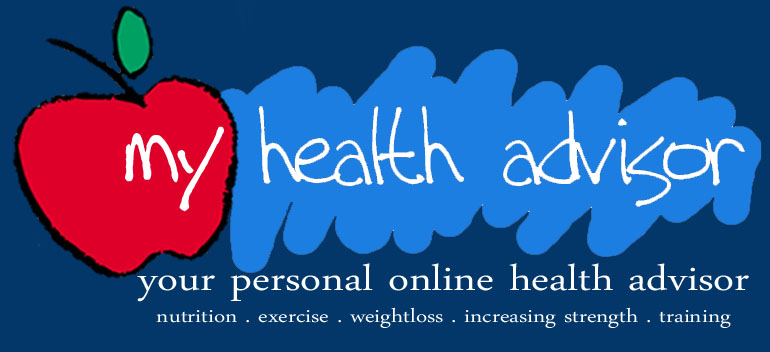 Some people seem to gain weight so easily while others remain thin without effort. Who are those people anyway?
Some people seem to gain weight so easily while others remain thin without effort. Who are those people anyway?I found two lists that contrast the lifestyles of the severely obese to the effortlessly thin. The key word here is lifestyle. An obese person can go on a diet or have surgery and lose a lot of weight, but if they do not change their lifestyle, all the weight will, without a doubt, come back. Compare your lifestyle to these lists and determine what you are doing right, what you are doing wrong, and what you are going to change.
Lifestyle of the Obese

First, I found a list compiled by the registered dietitian and physician of the television show "The Biggest Loser". The contestants on this show are perfect models of what-not-to-do. Here are 11 characteristics these unhealthy individuals have in common who compete on the show as found on http://rebeccascritchfield.wordpress.com/2007/10/15/science-behind-the-biggest-loser-diet/
"1. no idea of the number of calories they need or what they actually consume
2. most skip breakfast and snacks and let a long time go between meals
3. most consume very little fruits and vegetables
4. most are not getting enough protein, and what they do get is high in saturated fat
5. most get very little whole grains
6. most have too much “white stuff” (sugar, refined flour)
7. little planning of meals, mostly on-the-go eating and dining out
8. most are meeting their daily caloric needs through beverages alone (e.g. caloric sodas, juices and fruit punch)
9. many consume very little water
10. nearly all reported limited to no exercise
11. nearly all prioritize everything and everyone else in their life ahead of their own health"
Lifestyle of the Thin

In contrast, I found "the ten secrets of the effortlessly thin" on MSN at this website: http://health.msn.com/weight-loss/slideshow.aspx?cp-documentid=100218116&imageindex=1
"1. They don't diet
2. They keep track of their weight
3. They exercise regularly
4. They don't solve problems with food
5.They stop eating when they're full
6.They don't surround themselves with temptation
7. They allow themselves treats
8. They eat breakfast
9. They move, stand and fidget more
10. They don't skip meals"
Why is breakfast so important?
Some of these factors may seem counter intuitive. For example, people who struggle with weight skip breakfast while those who are thin always eat breakfast. At first glance, it may seem that the thin are then consuming more calories. Not so! Those who skip breakfast are hurting themselves in two ways:
1) Eating breakfast "jumpstarts" your metabolism so your body will start burning calories early on during the day. As a result you have more energy. Bonus! Those who do not eat breakfast put their body into starvation mode which puts priority on storing energy...that's the nice way of saying "getting fat."
2) Those who don't eat breakfast are famished by lunchtime which creates a tendency to overeat. In the long run, they will consume more calories to overcompensate.
I like to snack
These two facts also explain why it is healthy to snack (depending, of course, on the snack). How often one eats and when they eat are important factors to health, but not nearly as important as what one eats. When you snack think something like apple, yogurt, string cheese, or a few wheat thins.
Which lifestyle are you choosing?
Again, they key word here is LIFESTYLE!!! Diets, pills, and even surgeries rarely work because they don't address the underlying problem. Overweight people can and do become healthy, but it is usually through education and hard work which ultimately leads to a change in lifestyle!
Overweight people eat out often. The thin usually make their meals and rarely even have unhealthy snacks around. They don't eat twinkies because they don't buy them. Many overweight people drink a soda a day (sometimes more), but thin people will carry around a water bottle for when they get thirsty. Overweight people are not active, but thin people usually have hobbies that keep them active.
I reiterate my challenge: compare your lifestyle to these lists and determine what you are doing right, what you are doing wrong, and what you are going to change.




No comments:
Post a Comment